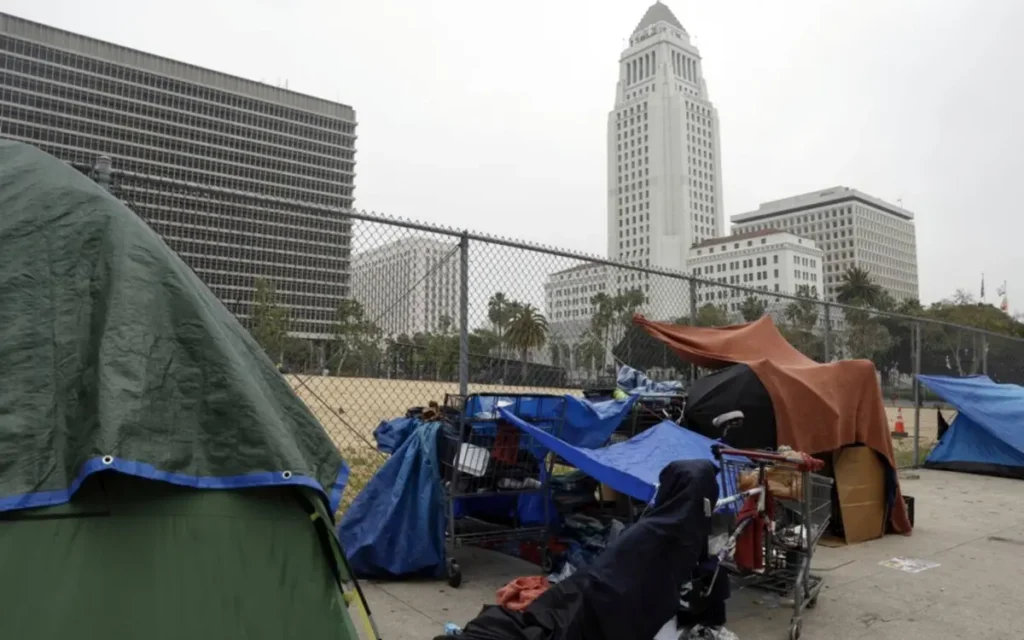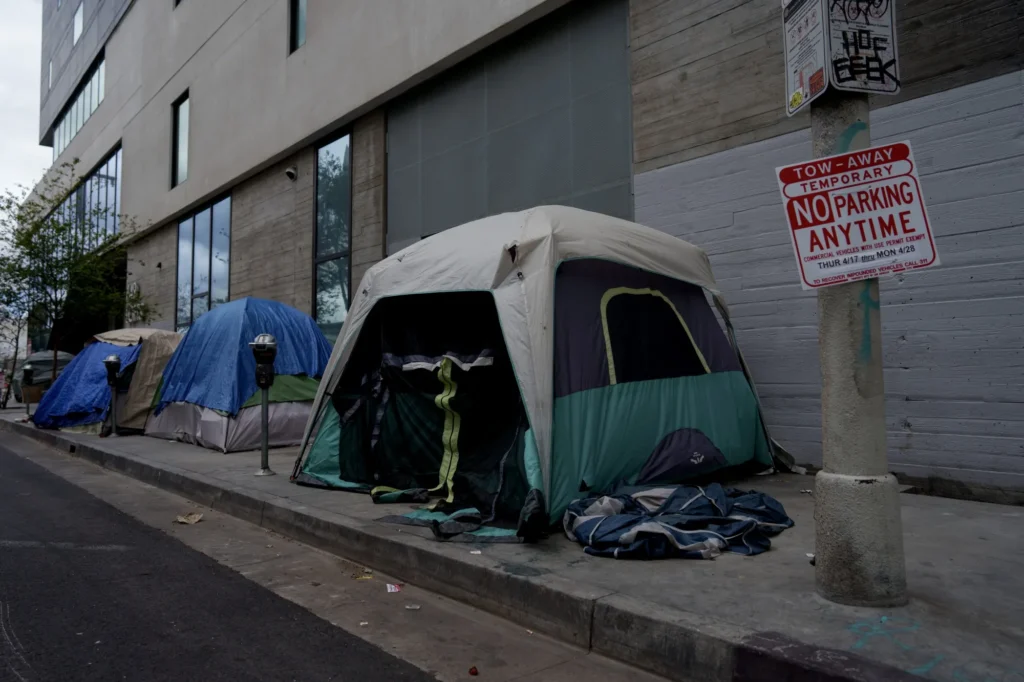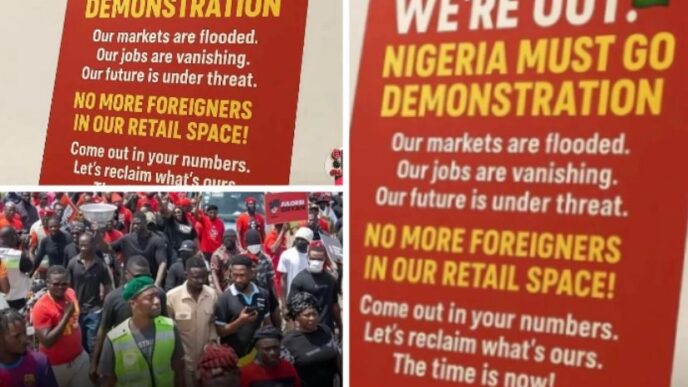President Trump has signed a new executive order aimed at reshaping how the United States handles homelessness.
The decision, announced on Thursday, July 24, has sparked wide debate and concern among social justice groups and mental health advocates.
The order pushes for stricter control over homeless encampments across American cities.
More surprisingly, it opens the door for involuntary treatment of people seen as a danger to themselves or others.
This includes those suffering from mental health issues or addiction. The White House said the goal is to restore order in public spaces.

“Endemic vagrancy, disorderly behavior, sudden confrontations, and violent attacks have made our cities unsafe,” the order declared.
Previously, federal funds were largely directed toward a housing-first approach.
That method focused on giving people shelter before offering help for issues like addiction.
However, Trump’s new policy flips that script. It now encourages support for cities that require sobriety or treatment first, and that enforce bans on public camping.
Moreover, the executive order directs federal agencies including Health and Human Services, Housing and Urban Development, and Transportation to assess and prioritize grants.
These funds will now favor areas that act against drug use, loitering, squatting, and urban encampments.
The shift in federal focus has drawn sharp criticism from national advocates and experts.
Jesse Rabinowitz, of the National Homelessness Law Center, said:
“This executive order is forcing people to choose between compassionate data-driven approaches like housing, or treating it like a crime to have a mental illness or be homeless.”
In addition, Ann Oliva from the National Alliance to End Homelessness added,
“Institutionalizing people with mental illness, including those experiencing homelessness, is not a dignified, safe, or evidence-based way to serve people’s needs.”

The idea of shifting money away from harm-reduction programs has also raised alarm. These programs work directly to prevent drug overdoses and save lives on the streets.
Furthermore, this may disrupt vital services that help those battling fentanyl and street drug addiction. The sweeping action builds upon a Supreme Court ruling last year, which gave cities the right to fine or arrest people for sleeping outside, even if they have no shelter.
Since that decision, over 100 cities across more than two dozen states have passed tougher rules against homeless camping.













